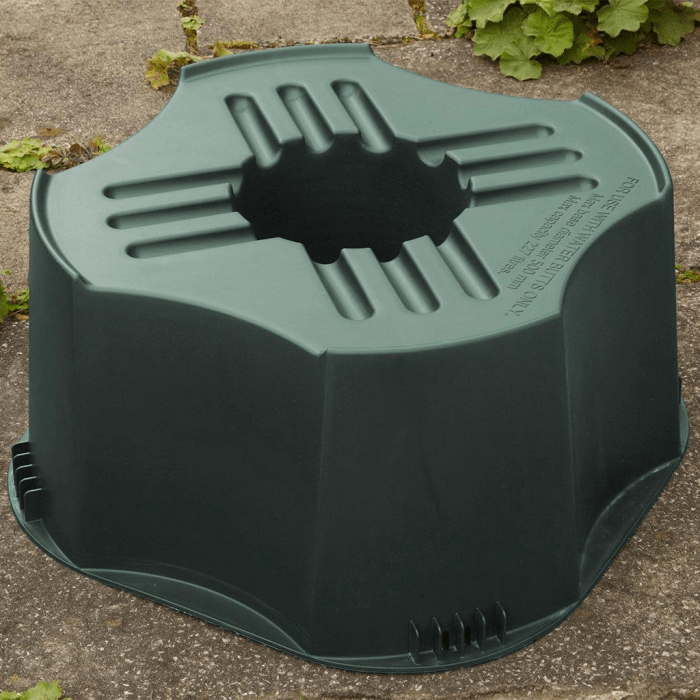
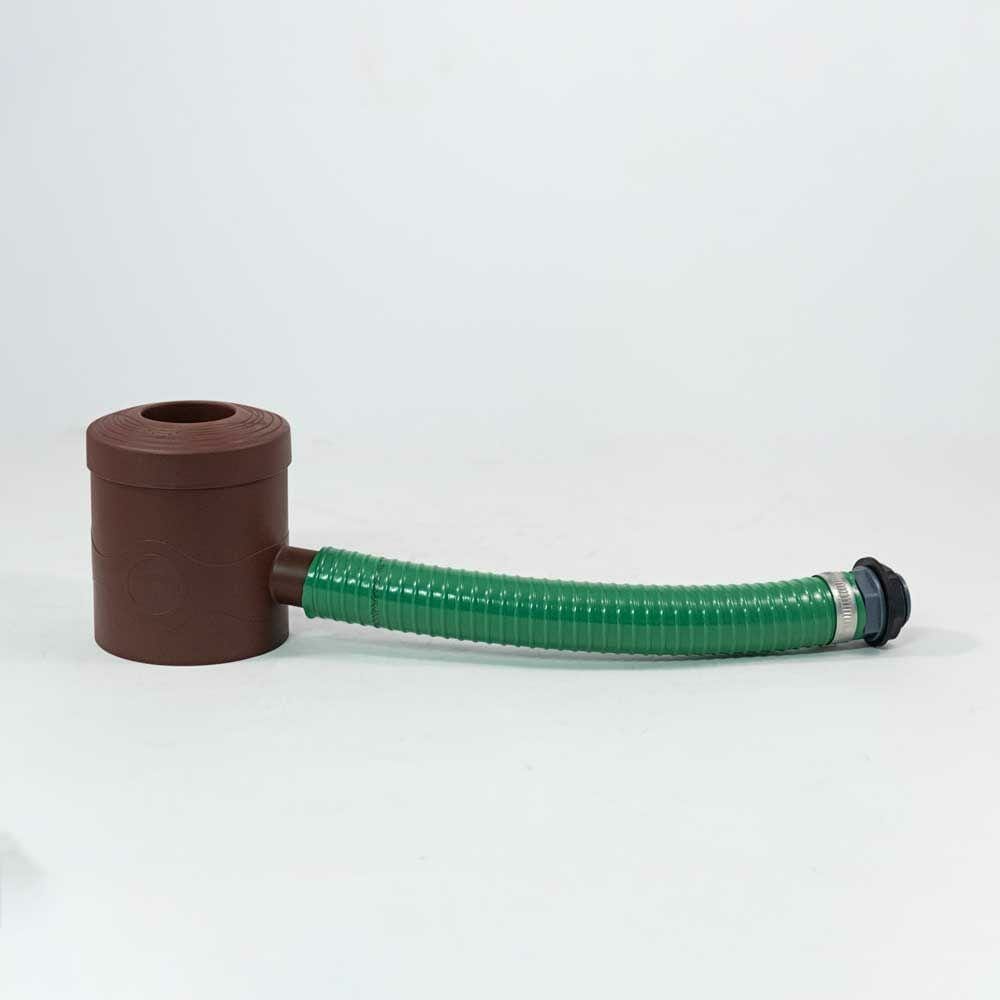
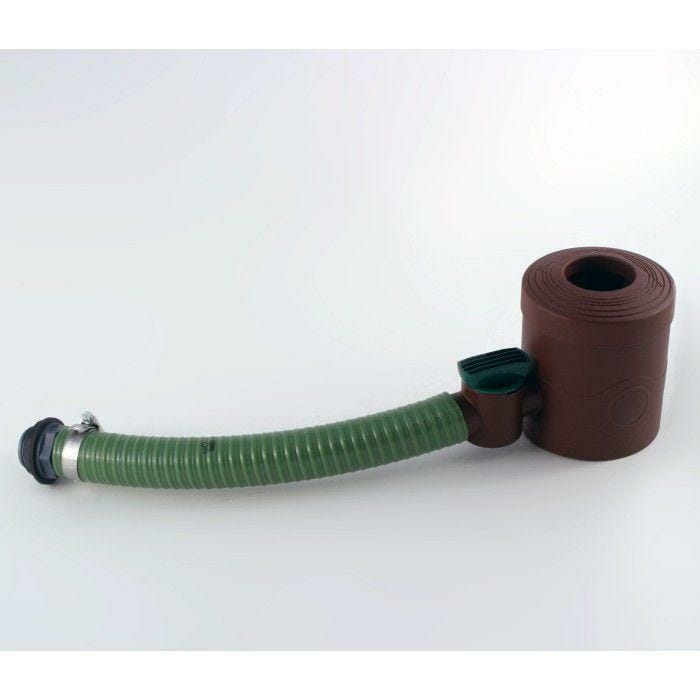
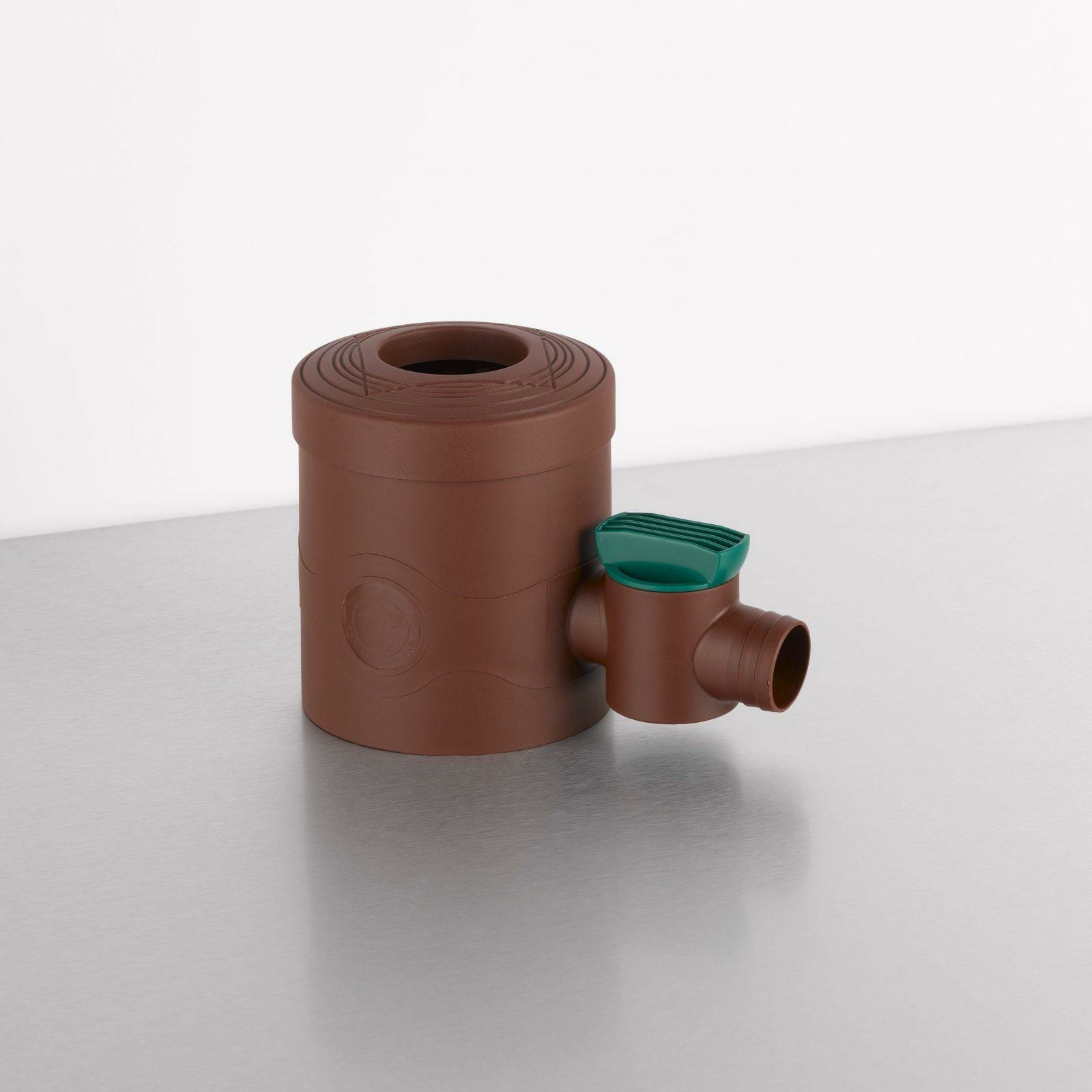
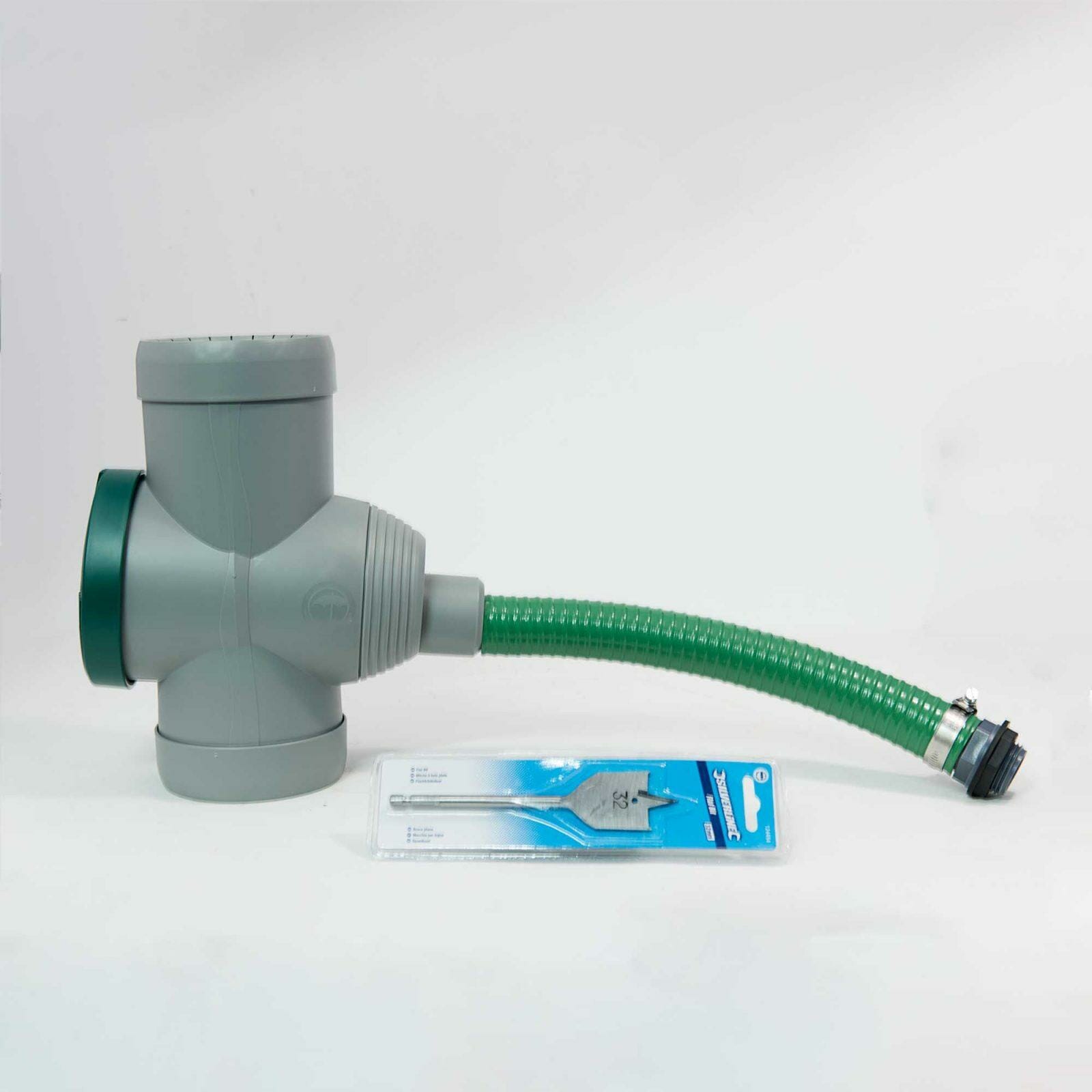
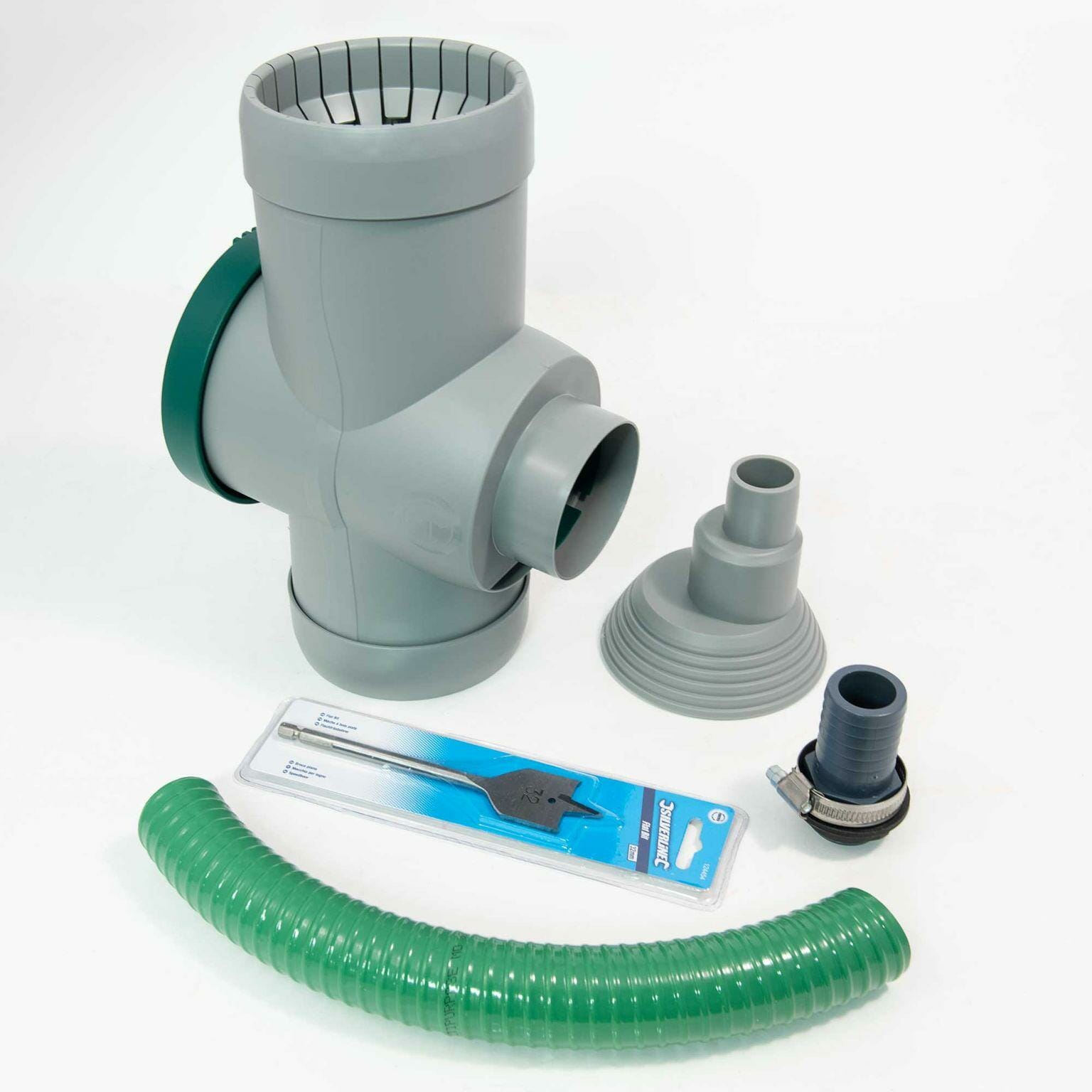
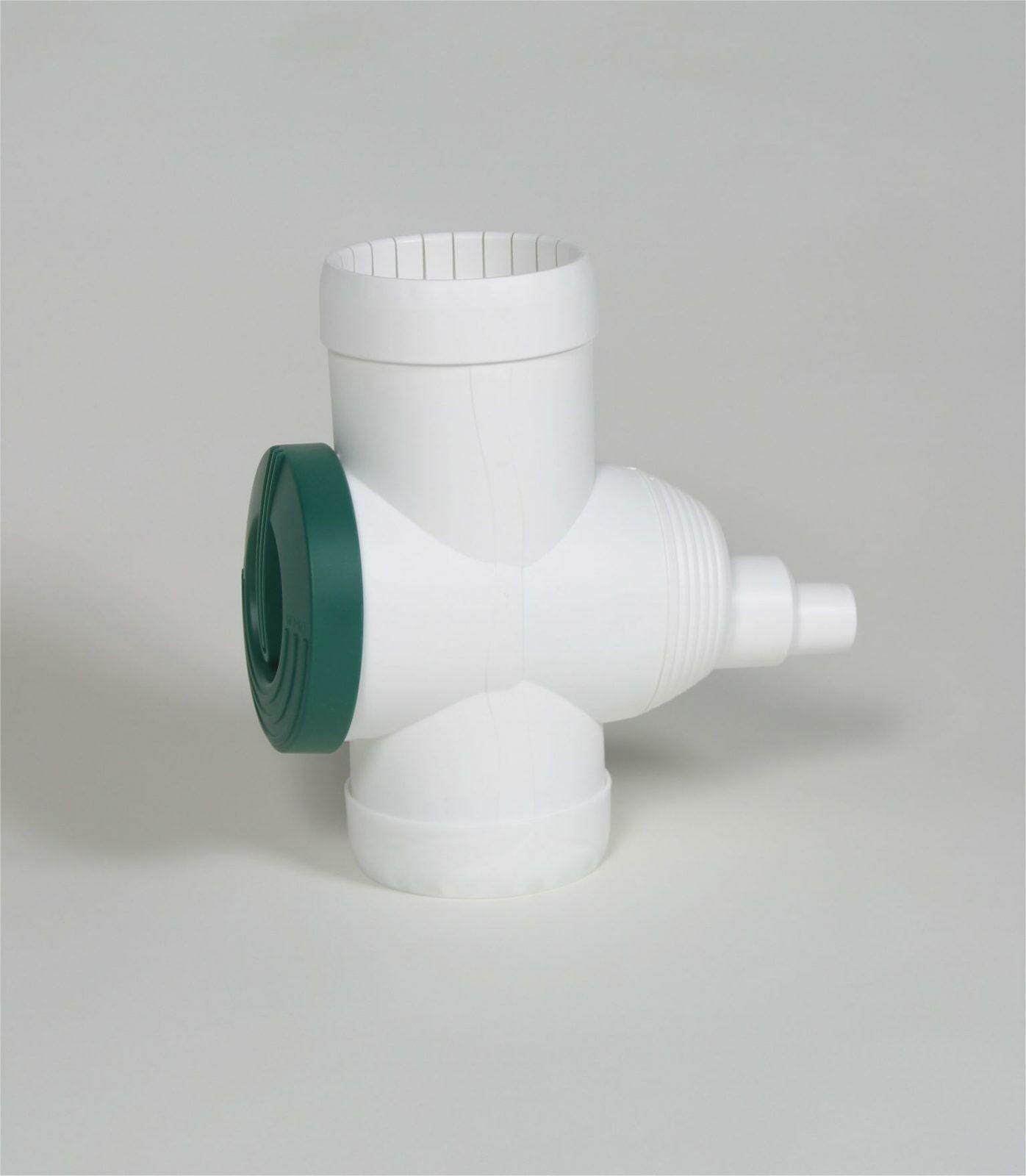
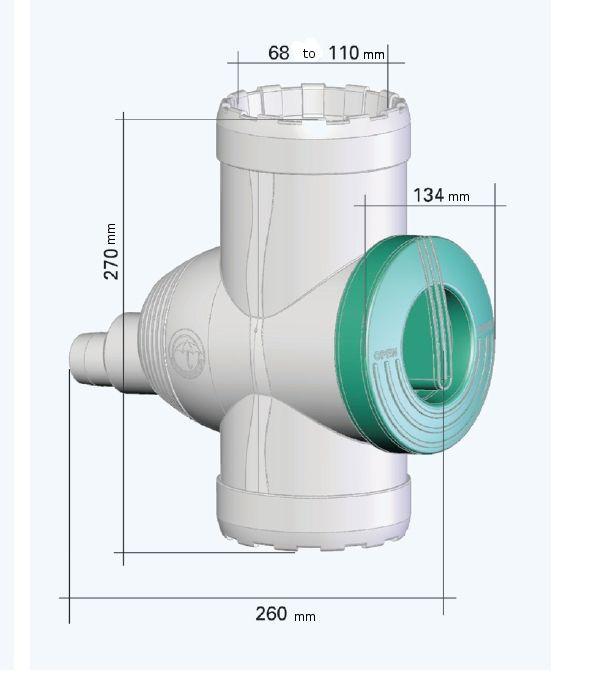
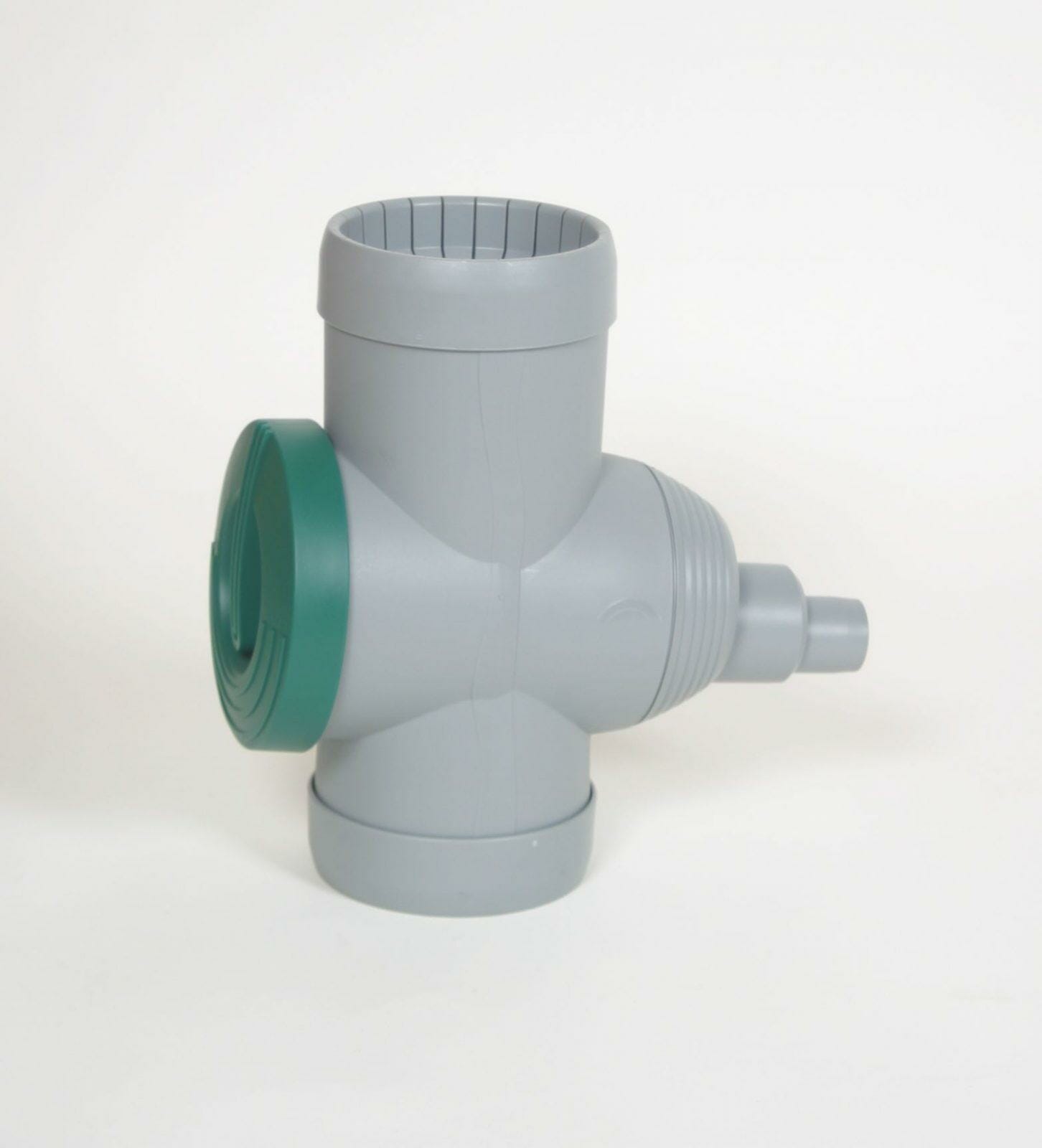
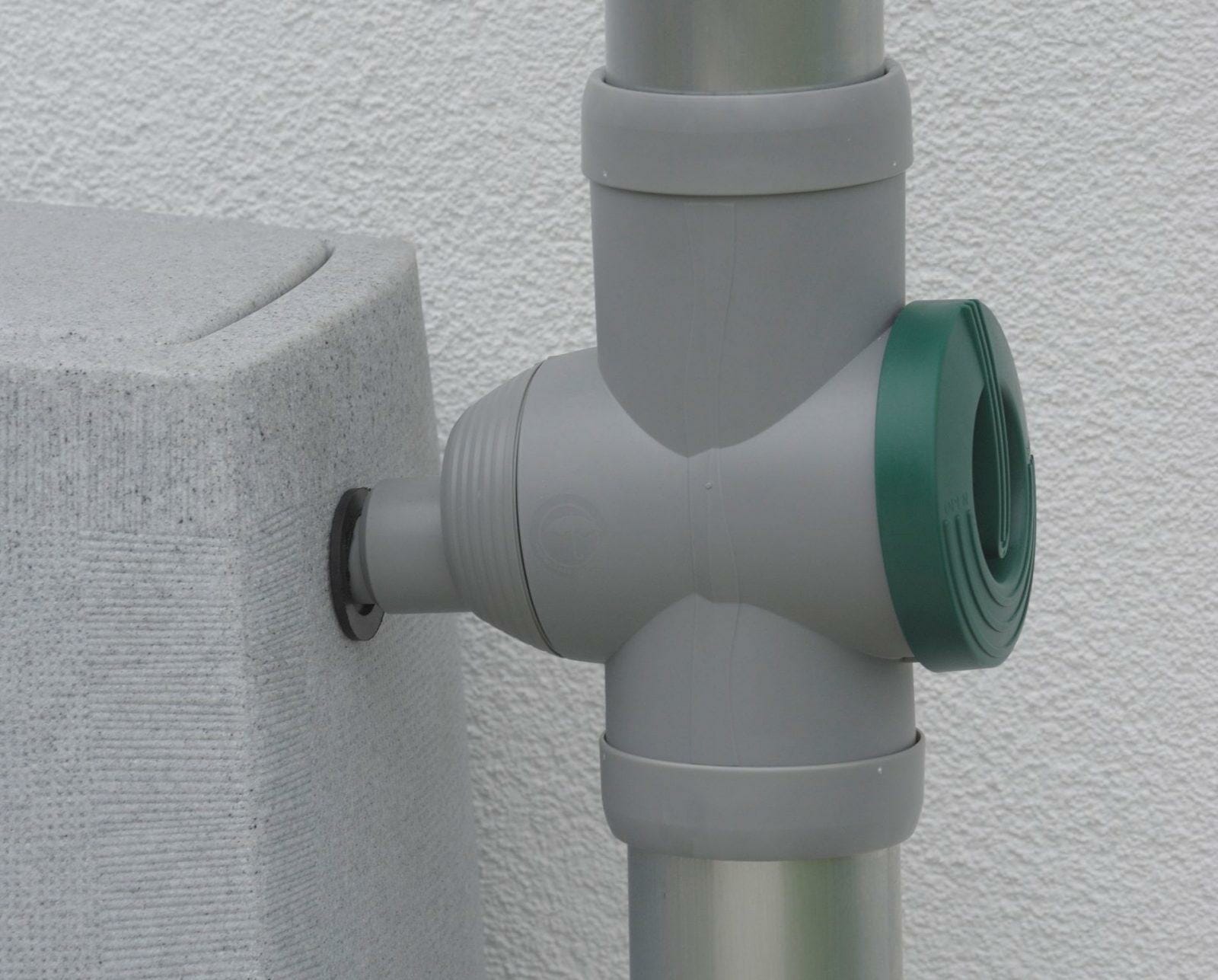
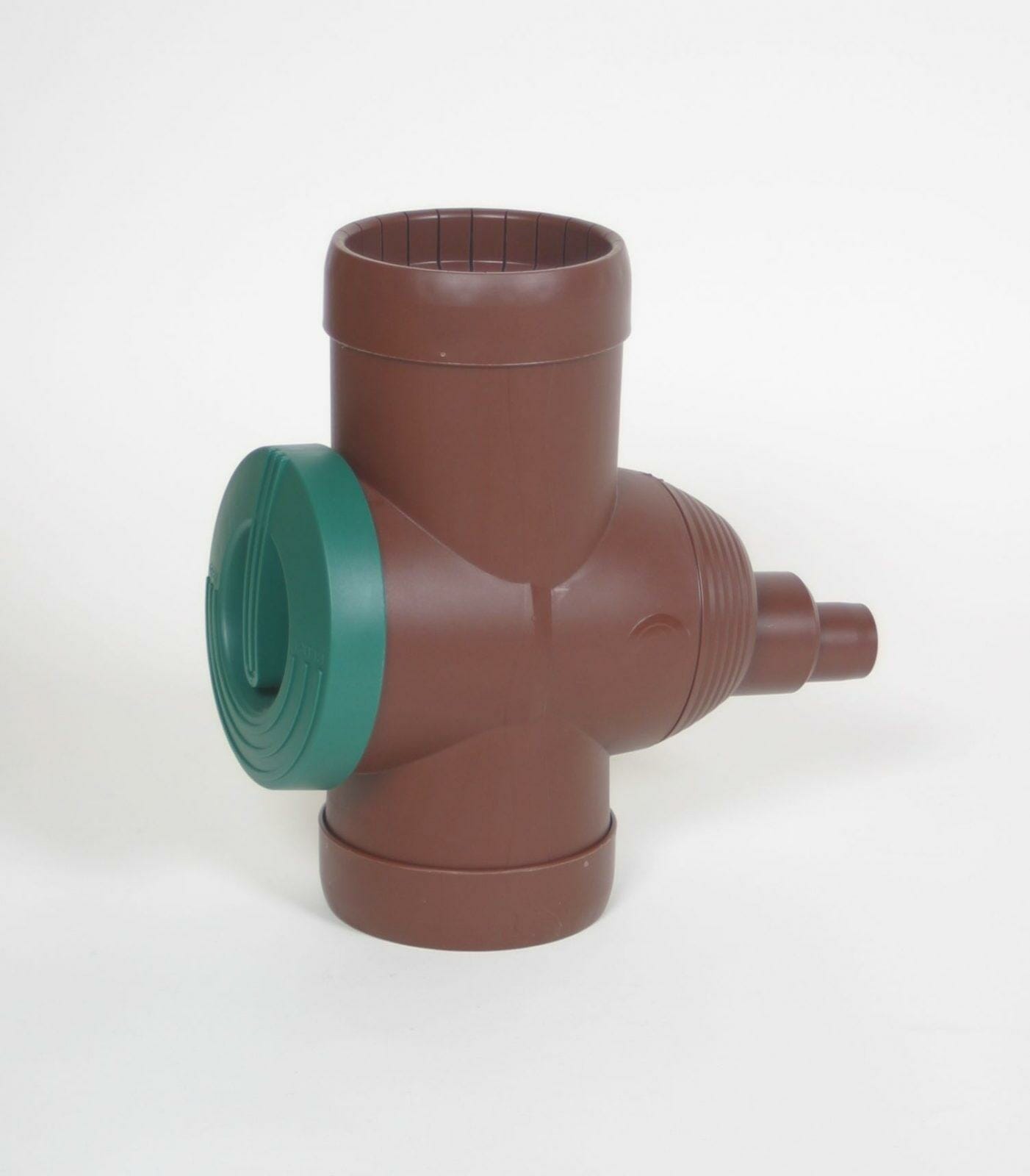
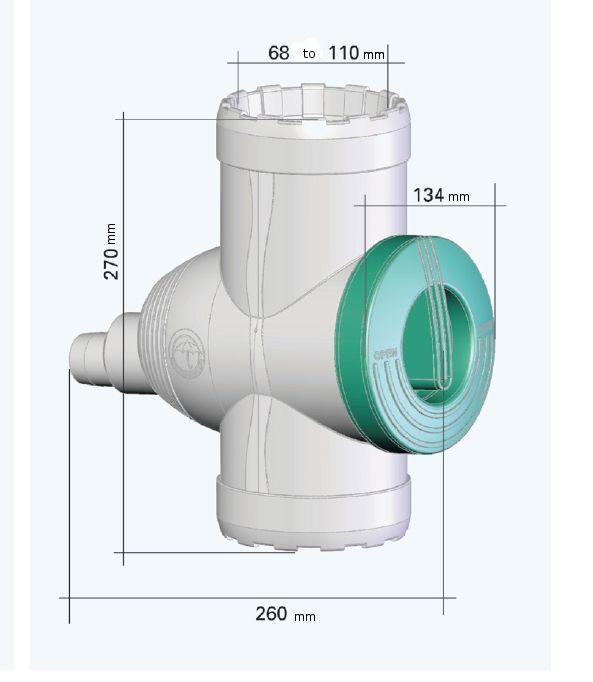
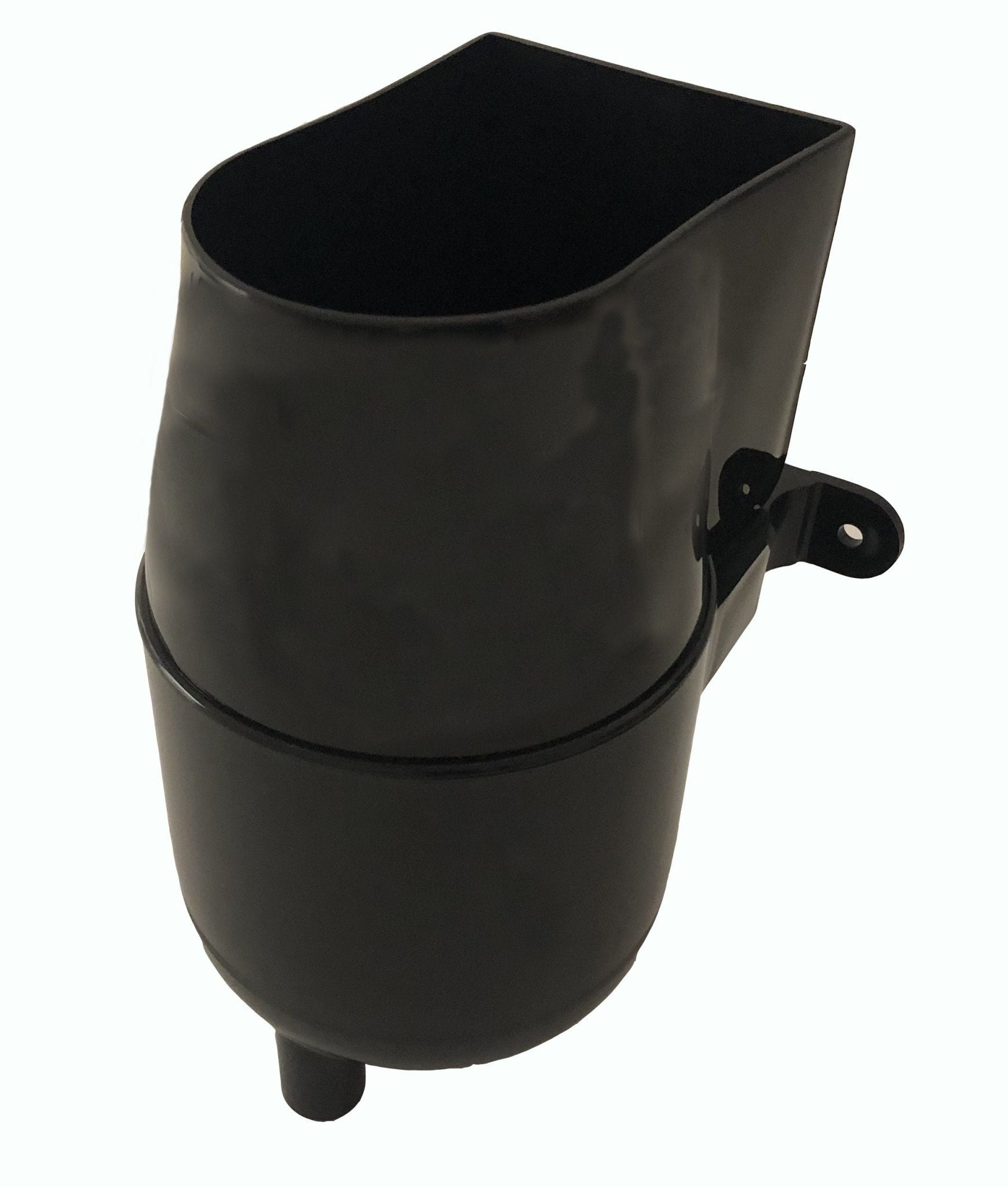
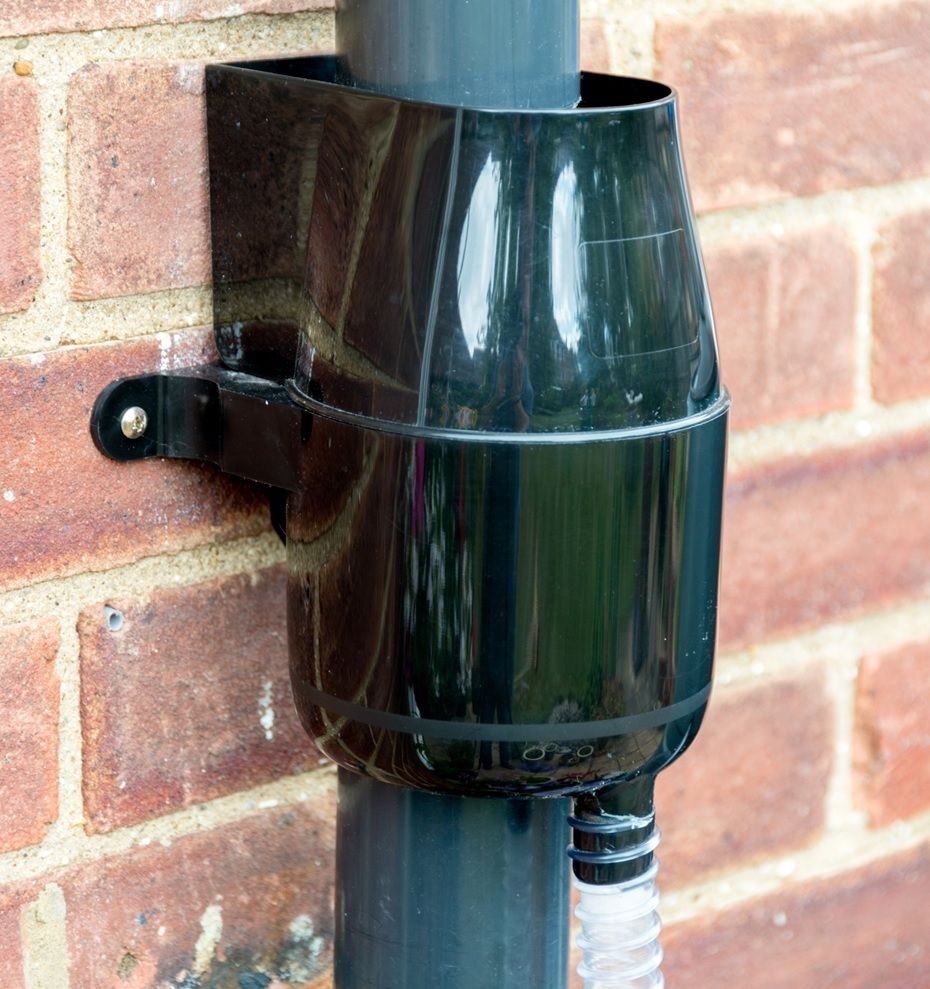
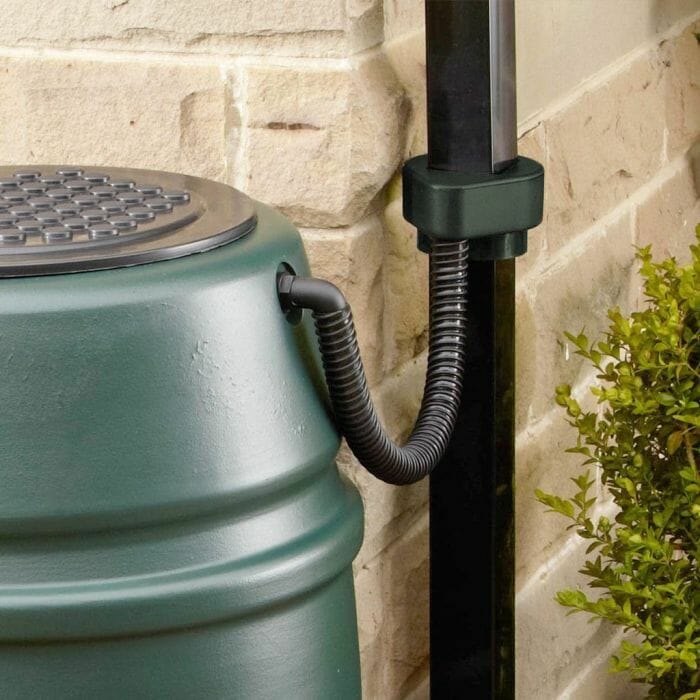
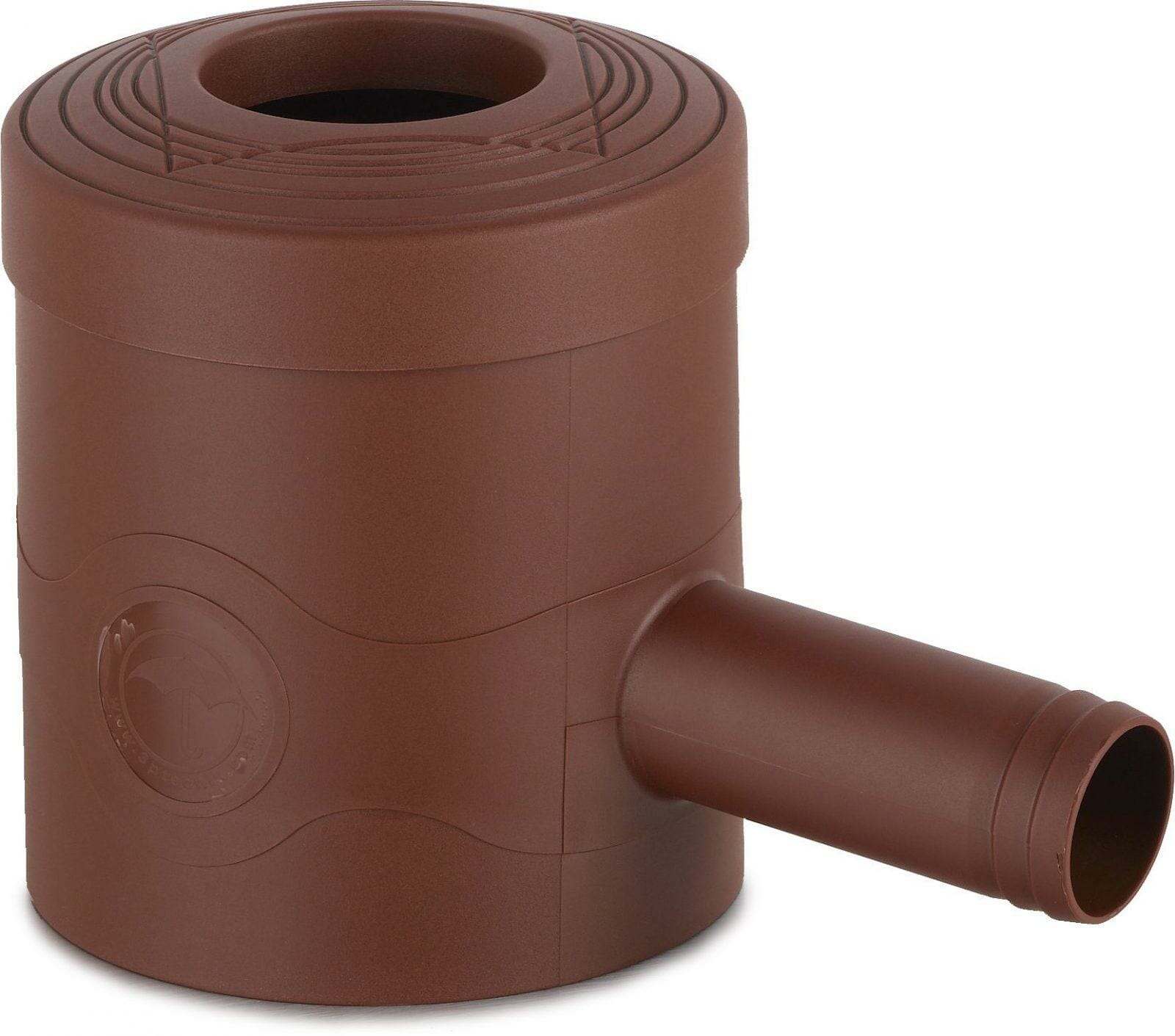
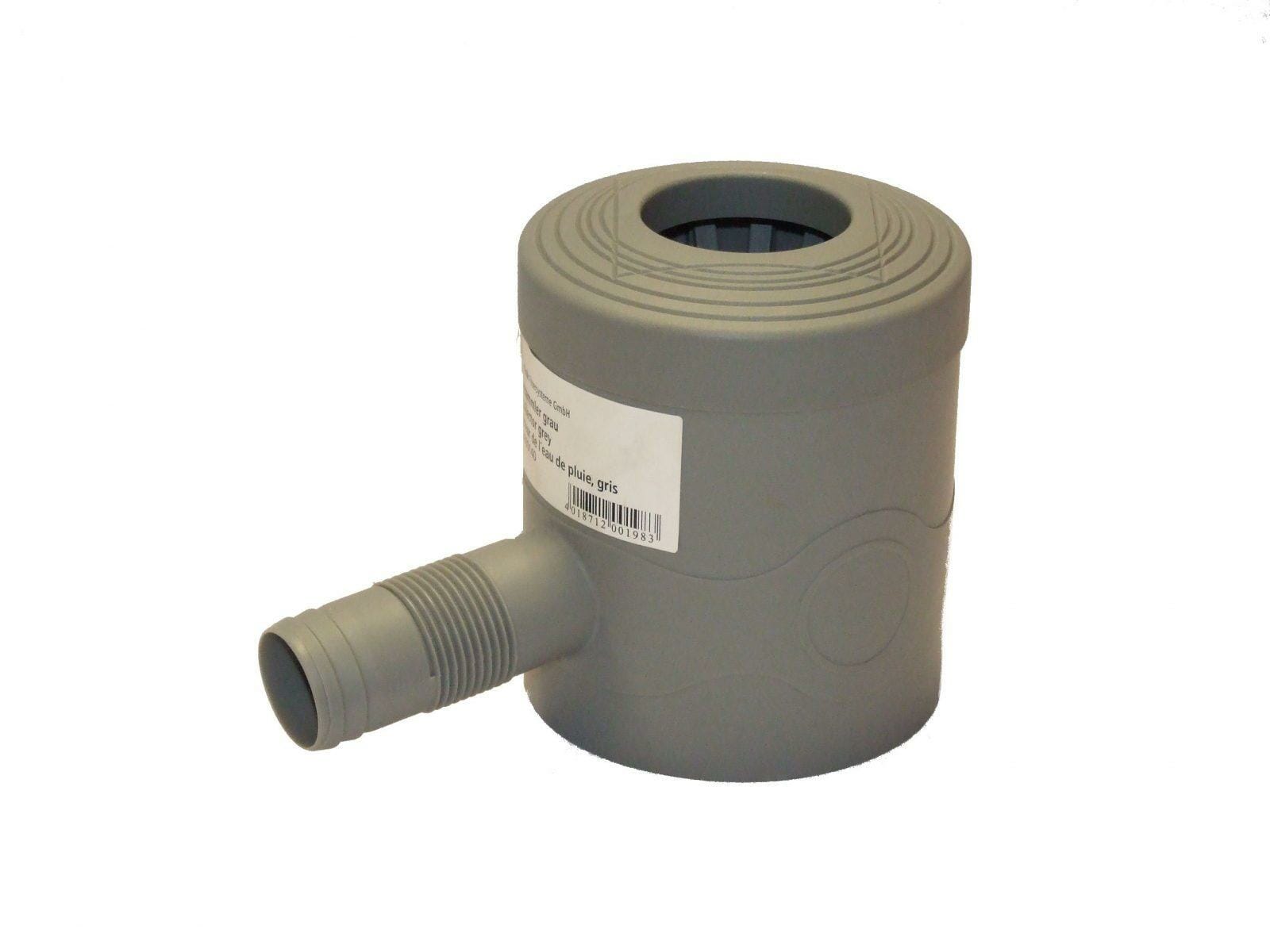
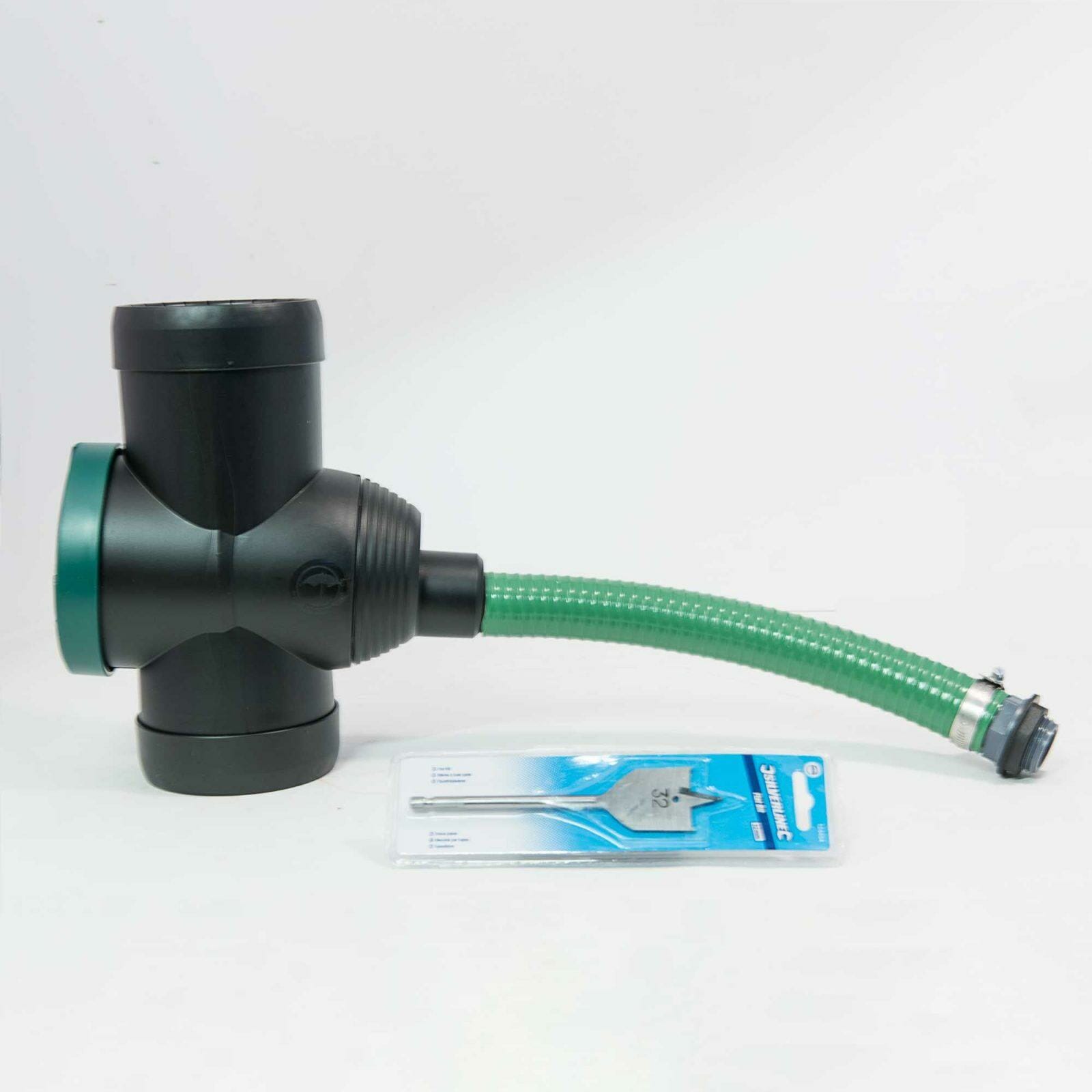
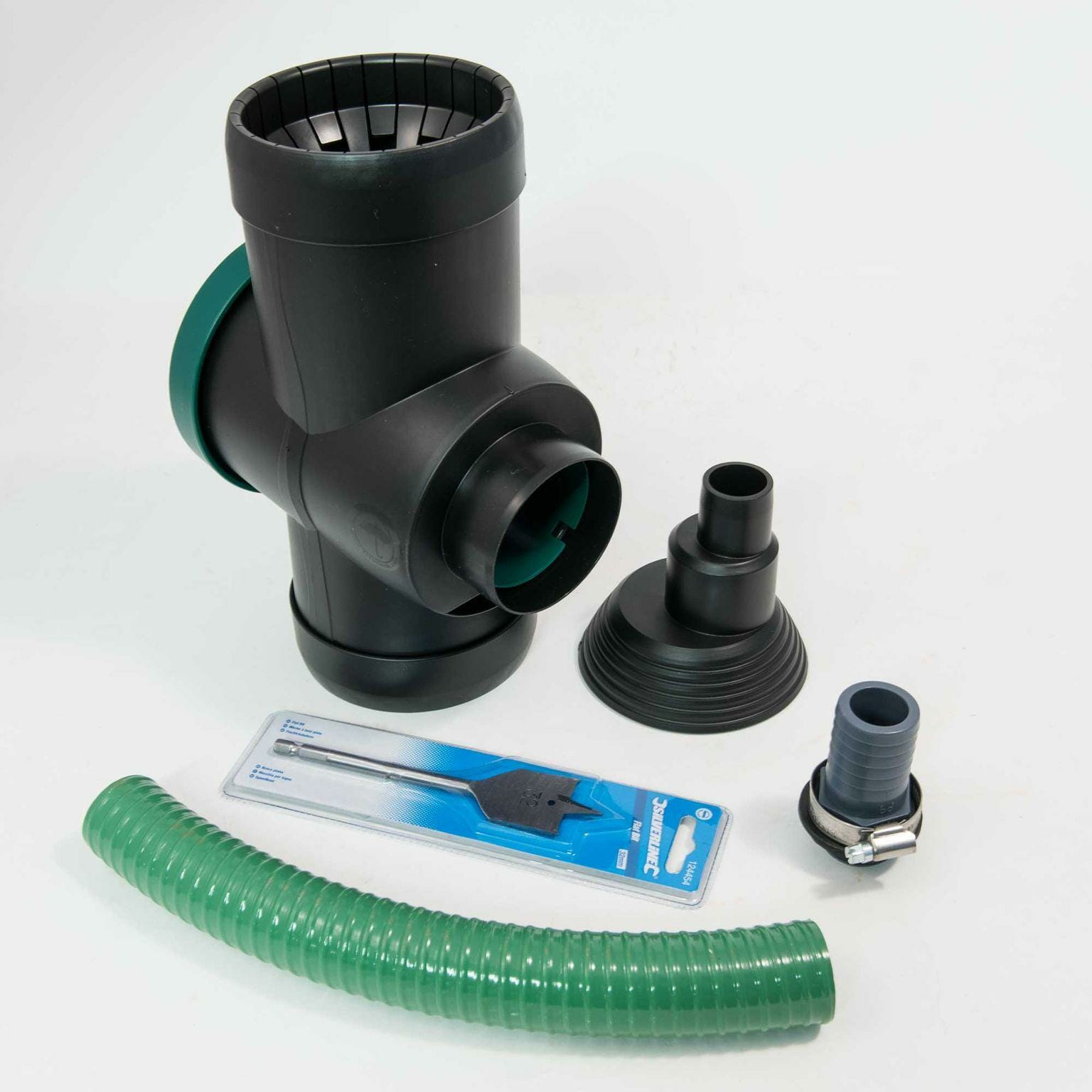
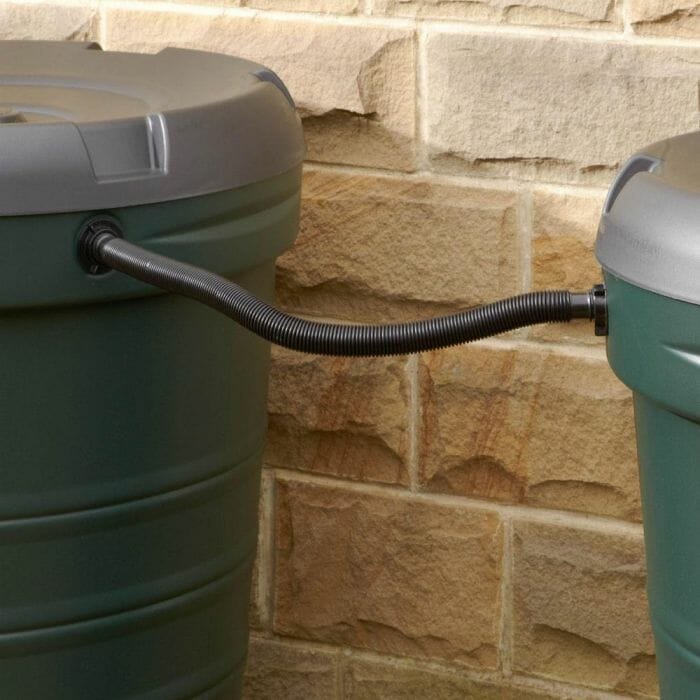
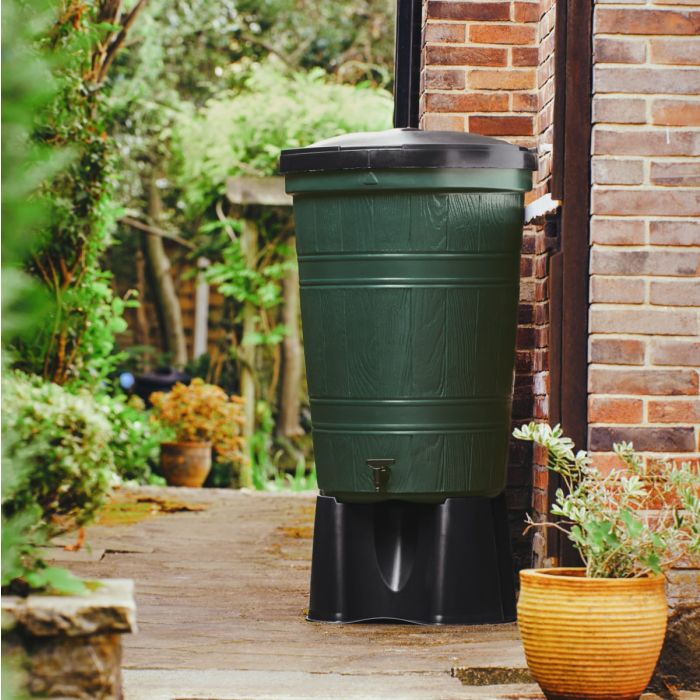
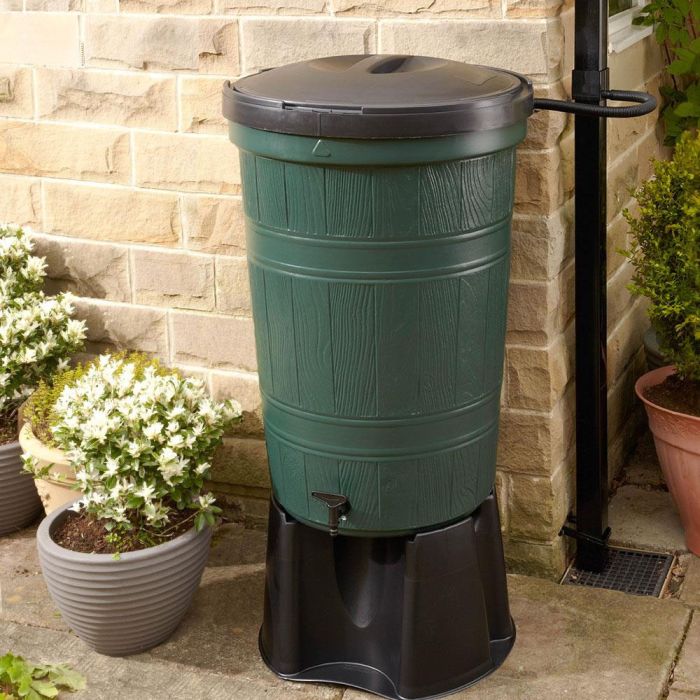
Recently viewed
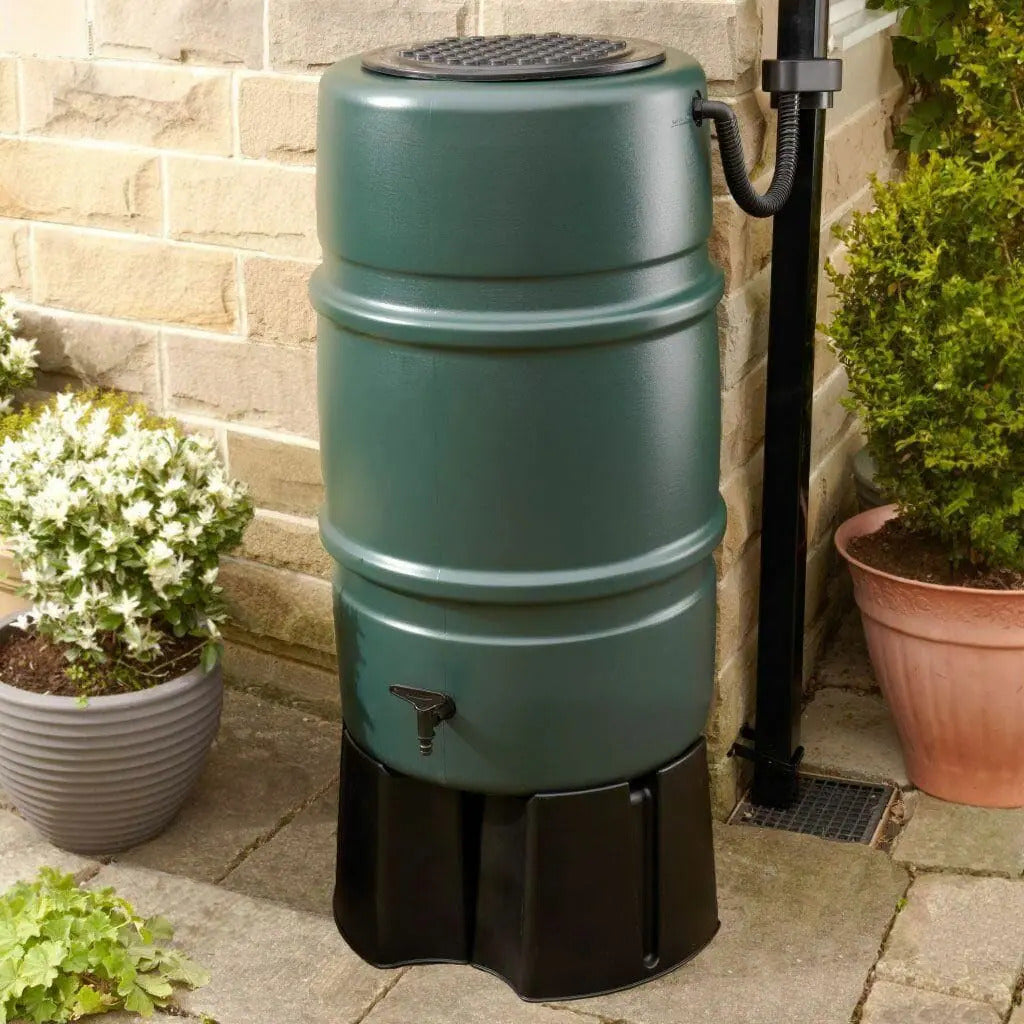
Why Buy A Water Butt?
Did you know that a water butt could save you bout 30,000 million litres of water every summer, enough to fill an entire reservoir.
If you're a homeowner in the UK looking for an easy and sustainable way to reduce your water usage, consider purchasing a rainwater collection system. These systems are commonly referred to as "water butts" and come in a range of sizes and styles to suit your needs.
One of the primary benefits of installing a water butt is that it allows you to collect and store rainwater for later use. This means that you can reduce your reliance on the mains water supply, which is particularly important in areas of the UK that experience frequent droughts or water shortages (think hot Cornwall). By using rainwater for activities such as watering your plants or washing your car, you can save money on your water bill and do your part to conserve water resources.
Water butts are also an eco-conscious choice. By collecting rainwater, you can reduce the amount of water that runs off your property and into the sewer system. This not only conserves water resources but also helps to prevent flooding and erosion. Additionally, by using rainwater instead of mains water for activities such as watering your garden, you can reduce your carbon footprint and do your part to combat climate change.
Another benefit of water butts is that they are easy to install and use. Most water butts are designed to fit under a downpipe, allowing rainwater to flow directly into the storage tank. They also come with a tap or spigot at the bottom, allowing you to easily access the water when you need it. Some models even come with a hose or watering can attachment, making it even easier to use the collected rainwater for your gardening needs.
Water butts come in a variety of styles and sizes to suit your needs and preferences. Some models are designed to blend in with your garden decor, while others are more functional and utilitarian in appearance. You can choose a size that suits your needs, whether you have a small balcony garden or a large outdoor space.
Installing a water butt is also a great way to teach your children about the importance of water conservation and sustainability. By involving them in the process of collecting and using rainwater, you can instil in them a sense of responsibility for the environment and teach them valuable lessons about sustainable living.
FAQs
Yes, that's right!
You need to make sure that your water butt is protected against the elements. In the winter, you can use materials like bubble wrap to insulate it to stop ice forming. However, ideally you want to invest in a water butt made from UV- resistant materials. The good news is that all of our Water butts come with a UV protected coating, giving you peace of mind when bad weather strikes.
We strongly advise raising your rainwater butt above ground to avoid freezing – you can use a stand to do this.
Water butts which are ‘below ground’ are fully protected by the earth that surrounds them and will not require additional care in the winter months.
It is also important to clean your water butt, especially after rainfall seasons. This is because stagnant water can stink if left in the water butt for long periods.
Make sure to always keep your lid secure too, because if not, mosquitos and other larvae laying insects will leave their eggs inside the butt and breed. We recommend consistent drainage every 7-10 days to prevent them from settling down in your tank.
We advise placing your water butt on a secure stand. This is because most taps are at the bottom of the butt, so this ensures that your watering can fits under the tap.
In addition, you will need to install a rainwater diverter with your water butt. We recommend the Gutter Mate diverter and filter for simple rainwater diversion and filtering.
Our largest is the 500 litre Burgundy or the Green / Charcoal Columns.
According to some statistics, up to 24,000 litres of water can be collected in a water tank from a roof every year.
This can be saved and even reused if you want to maintain your garden.
Grey water is also known as domestic wastewater and can be used in the garden for plants. You can collect this water from the washing machine or basins, baths & showers.
‘Black water,’ which is from toilets, should only be used in the sewerage system and never for agricultural purposes. We strongly advise never to use water from septic tanks either.
Household soaps and detergents do not damage plants, but water containing bleaches, disinfectants, dishwasher salt and strong cleaning products should not be used. These can degrade soil quality in the long term
It is important to note that the rainwater collected by your water butt is not always crystal clean – in fact there are a few things you should do to mitigate the risk of damaging your plants.
In 2018, Public Health England conducted research and discovered that using a watering can to hold water from the butt will reduce the risk of Legionella, an infectious disease that can be caught by anyone, particularly vulnerable elderly people. In addition to this, here at Trade Warehouse, we recommend taking a few simple actions to minimise health risks:
- Where possible, position the rainwater butt in a darker place, away from the sun. Doing this will ensure the water remains cool, preventing bacteria from growing.
- Make sure that the guttering is clear of any debris as some guttering materials can encourage the growth of bacteria in the collected water.
- Always utilise a watering can. Do not use a fine water spray as this can generate small aerosol particles which can be carried in the wind and inhaled into one’s lungs, resulting in infection.
- Use the water collected by the rainwater butt frequently – keep the water fresh!
- If the water becomes smelly, you can still use it in a watering can. There may be a build-up of debris collected in the bottom of the butt. We advise thoroughly cleaning it out
- Are you using a hose for water? If so, make sure to disconnect it when not in use. This not only saves water, but ensures the water will fully drain out, reducing the risk of the water warming up in the hot sun (this causes bacteria to grow.
Any other questions?
If we still haven't answered your question, you can contact us below and we will get back to you as soon as possible.
